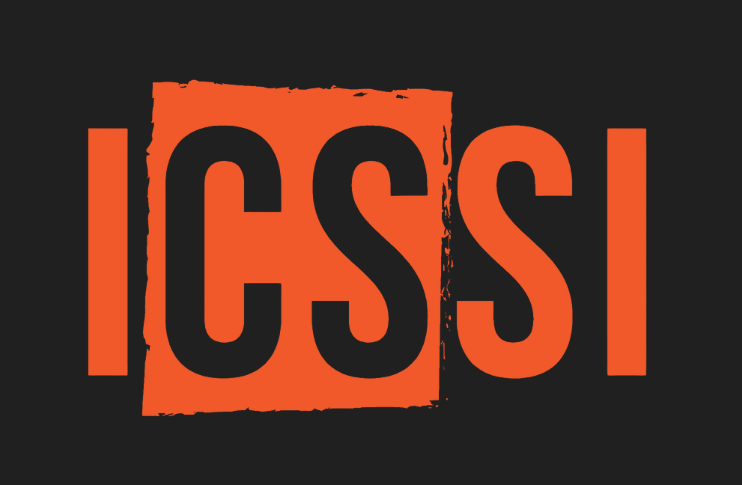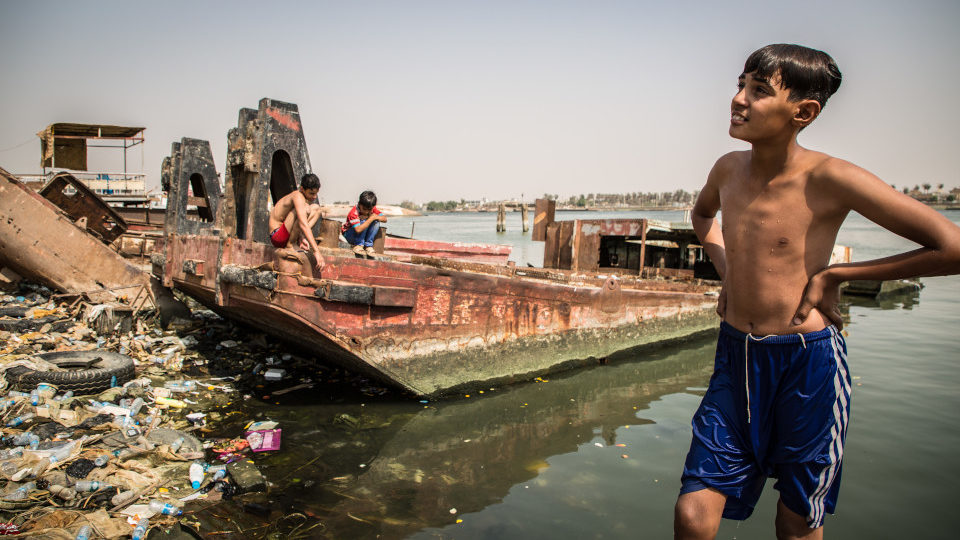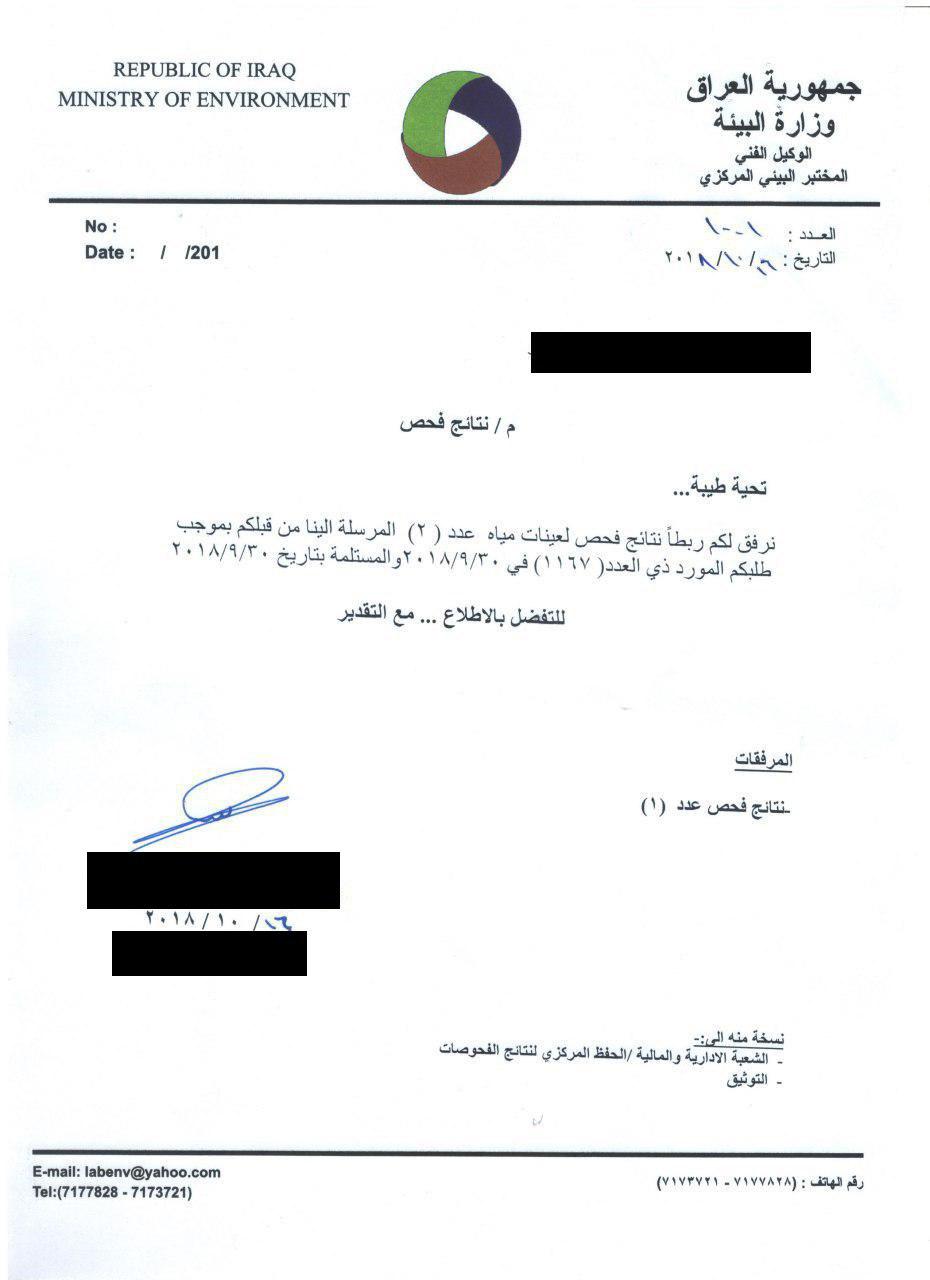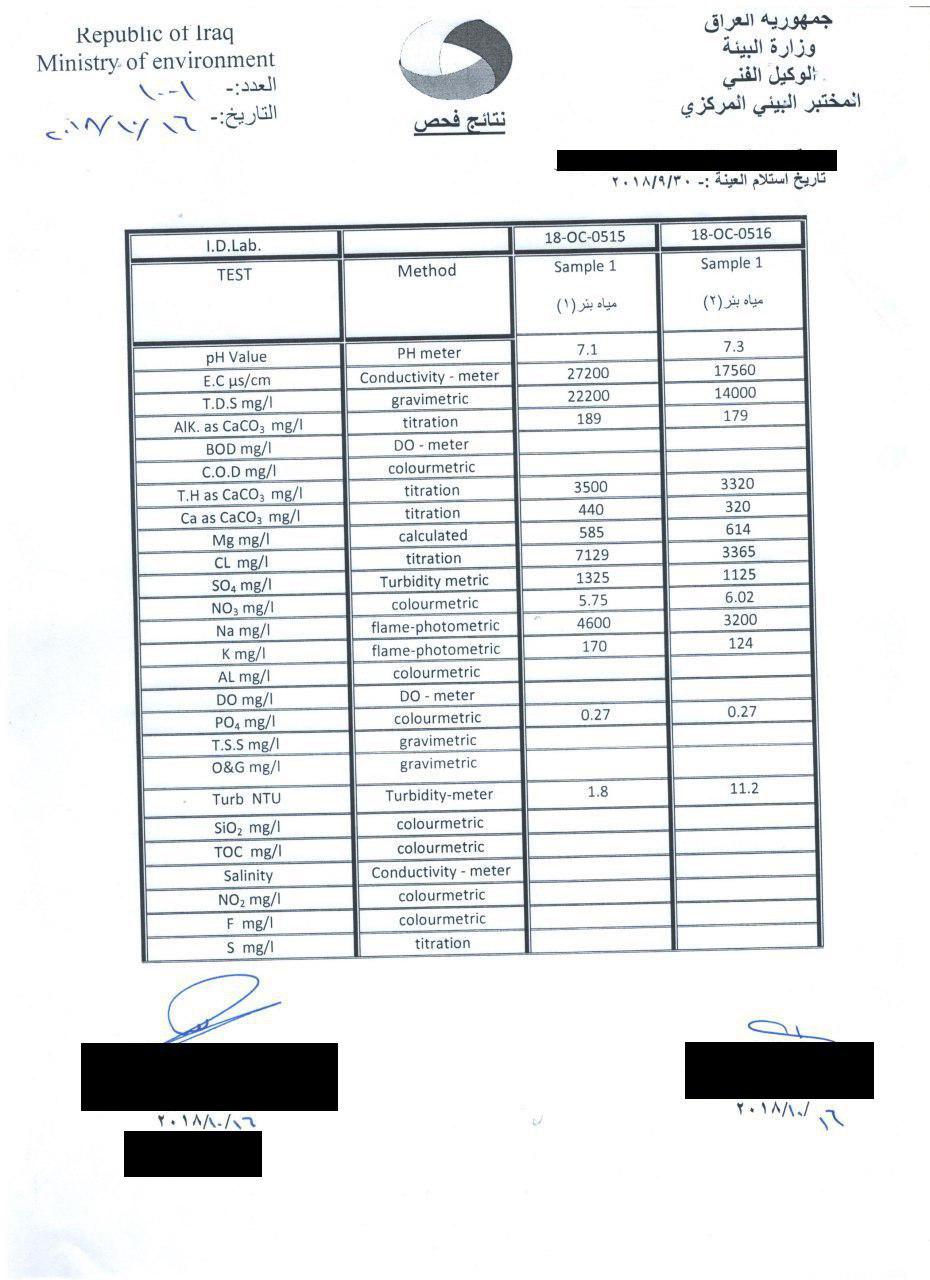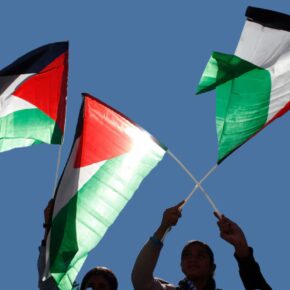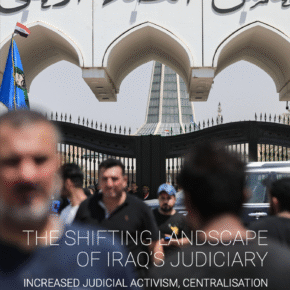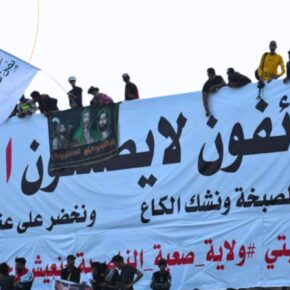Fact-Finding team report on the Humanitarian Situation in Basra
On 17 October 2018, a civil society Fact-Finding Team revealed serious human rights violations against citizens in Basra for their participation in this past summer’s protests. These findings correspond with Iraq’s High Commission for Human Rights, which found that between 1 August and 7 September, 20 people were killed, 492 people were injured (including 80 members of the security forces), and another 425 people were arrested for participating in the protests.
In many of the incidents investigated, the Fact-Finding Team found that there was a deliberate use of live bullets by the security forces against demonstrators. Security forces also beat demonstrators in detention, and used other methods of torture which in some cases killed detainees. One example is the killing of Harith al-Salami. Security forces broke his skull and left him to bleed to death in detention. Kidnappings and killings by other unknown parties also occurred, such as in the case of Ali Abbas, who was found lying on the bank of the Shatt al-Arab, his bodying showing traces of torture including fractures in his hands. Many of the arrests were based on lists of names provided to security forces, without the issuance of any judicial arrest warrants (in some cases random arrests were made during the demonstrations). Charges were later fabricated to keep detainees in prison. Those detained would only be released if a friend or relative came to bail them out; they would also have to vow not to demonstrate again.
The Fact-Finding Team also published, for the first time, key information about the water pollution crisis in Basra which has led to the infection of more than 100,000 citizens. Extreme rates of cancer, asthma, allergies and birth defects have been reported among people living near oil facilities.
This report has been sent to key international organizations and governmental bodies in order to highlight the need for the Iraqi government to take meaningful action – especially after the involvement of some government officials in serious human rights violations of citizens that, in many cases, include torture and murder.
Dire environmental conditions in and around Basra
The Fact-Finding Team carried out testing and analysis of drinking water samples from in and around Basra. The results show that the water is not suitable for human consumption, as confirmed by Dr. Shukri al-Hassan, an academic and expert in the field of environmental pollution. Samples showed that water salinity is more than 20 times the recommended specification by Iraqi government standards. Al-Hassan explained the lethal toxicity in this water and the impossibility of drinking it. He pointed out that the toxicity of this water is not due to the spread of salt water coming from the Arabian Gulf; rather, it is because of the disposal of pollutants (industrial and petrochemical waste) through pipelines, whether from Iran or inside Basra, and spilling into the Shatt al-Arab. Therefore, the Fact-Finding Team advises that it should not be used for any form of life sustenance. It is very concerning that the Iraqi government continues to pump this water into residents’ homes.
The Fact-Finding Team also obtained leaked information from a confidential source, who stated that oil companies in Basra were improperly disposing of contaminated materials. Waste from laboratories and oil facilities, which is usually packed with chemicals, was dumped in the Shatt al-Arab district directly or through sewage channels. When a delegation from the High Commission for Human Rights visited the Shatt al-Arab (from the Iranian side), they noticed violations from companies situated on the river bank relating to their disposal of oil and chemical waste. Iranian waste is disposed of by Iranian petrochemical factories and oil companies into the Shatt al-Arab. The information also confirms that the process of extracting oil in Basra produces, at some stages, polluted gases in the air leading to cancer, asthma, allergies and congenital malformations in some of the residents residing in the general vicinity of these companies and facilities. In 2015, a government official in Basra said that the province records 50 new cancer cases each month due to the polluted air that is associated with oil extraction. In 2018, Basra Province’s Health and Environment Committee also revealed that 4 new cancer cases are registered every day as a result of air pollution.
In short, the pollution in the Shatt al-Arab River is significant, not only due to the saline tide but also because of the amount of toxic chemicals from industrial waste being disposed of in the river from oil companies. As well, 30% of Basra sewage water is being dumped into the Shatt al-Arab. This is further shown in the results of the chlorine test in 60 of 170 water stations in Basra, where levels reached zero parts per million (ppm).
The team also made clear that there was a deliberate media blackout by the Iraqi media outlets about these violations. The reason is that political parties are pressuring and repressing media in order to ensure that there is no negative coverage of events happening in Basra. At the same time, outlets that do publish the news of violations are exposed to threats and are described as “destructive” and “inciting demonstrators” merely because they cover the crisis in Basra. Journalists are threatened with arrest by government agencies if they cover the demonstrations in Basra again. Some TV correspondents have been beaten and detained for their role in covering recent demonstrations in Basra. The report confirms the existence of narrow press coverage of the protests, and that the security forces detained a number of journalists during the days of the first demonstrations in front of the provincial government building. Some of them were beaten and their cameras were broken, and two reporters were threatened with arrest if they continued to cover the protests. To counter media reporting, a number of political parties launched a campaign of incitement against demonstrators, including violent attacks against a number of civilian activists in Basra. Activists were accused of burning the headquarters of the political parties and the Iranian consulate. In spite of these attacks, the demonstrations persisted.
The reasons for the outbreak and the escalation of demonstrations in Basra
The different, related crises in Basra have been exacerbated by a lack of attention from the government, and the allocation of jobs and service projects by corrupt political parties. As a result, many major projects have been suspended, worsening high unemployment in Basra – except for those with strong connections to ruling parties or who paid bribes of up to $3,000. Most national factories were closed down, such as fertilizer factories in Al-Zubair and Abi Al-Khasib, and production factories of Thermoston, petrochemicals, dairy, as well as metal and carpentry workshops. In contrast, after a short period of time, an iron and steel factory was opened on the land opposite to where a recently closed factory once operated. It later became known that the new factory was being operated by one of the political parties which has its own armed wing.
There are clear and serious violations of oil companies in Basra. Basra is one of the most cancer-afflicted provinces, especially in areas close to sources of pollution (oil and gas facilities). Health institutions refuse to disclose their official figures, but experts and specialists have made it clear that some stages of oil extraction, in particular the flaring of gases, may lead to the emission of carcinogenic gases such as H2S. Citizens have confirmed that the number of people who have congenital malformations, cancer and other diseases increased by 30% since 2003, information confirmed by members of the provincial council.
Some oil companies have been accused of exceeding water-use quotas set by the province by injecting oil wells with more water than permitted, which causes a drop in the water level in the Shatt al-Arab. As well, under contracts signed between the Ministry of Oil and oil companies, farmers have been forced to sell their farmland at low sale prices and/or in exchange for low compensation. Due to the increasing concentration of salt in water from the Gulf, and increased pollution in the Shatt al-Arab by chemicals, waste and sewage, large tracts of crops have also been destroyed. These conditions have also resulted in animals and fish being killed, and in the migration of some rare fish and birds to the north.
Below is a summary of the key recommendations included in the Humanitarian Situation Report in Basra
- The Fact-Finding Team recommends that the Government of Iraq should:
- Take seriously the events in Basra this past summer and not underestimate the repercussions and escalation of demonstrations that took place, nor attempt to blackout or deny the negative on-the-ground realities from the public;
- Fulfill the demands of the people of Basra by opening an investigation into the violations committed by the security forces against the peaceful demonstrators, especially those violations which were carried out by the head of Basra Operations Command, Jamil al-Shammari, during the outbreak of the protests;
- Limit the monitoring, accounting and detention institutions to one security authority. As well, the Higher Judicial Council must respond to the violations committed against many demonstrators in Basra, including extrajudicial arrests and arrests without, and instruct members of the judiciary to release detainees immediately;
- Direct the Iraqi Ministry of Oil to clarify the commitment of oil companies to the law of improving and protecting the environment (Law No. 23/2009), as it relates to indicators of pollution in the air, soil, and water. It is necessary to provide any information that the relevant institutions or agencies have in a transparent manner. This information must also be publically available, and the Iraqi government should provide adequate means of communication through which citizens can raise their complaints in this area;
- Clarify who is responsible for receiving and responding to complaints concerning violations of oil companies in Basra. Many complaints have been submitted to the responsible authorities, and no action has been taken to address them. The rights of citizens were lost without knowing who is ultimately responsible for taking up these complaints and responding to them;
- Instruct, by order of the Prime Minister, the Ministry of Interior to identify and prosecute those responsible for the “yellow pages,” which publish false and fake news on social media and have contributed to inciting the killing of a number of activists. Protection must also be provided to young people whose lives are threatened;
- Use different language to describe current and future demonstrators and protestors in Basra, rather than describing them as ” infiltrators,” “Baathists,” “terrorists,” “agents,” or the like. The presence of 50 infiltrators in a demonstration involving tens of thousands of people does not mean demonstrators’ real demands are tainted or even illegal. The citizens who the Fact-Finding Team met in Basra also explained that the government’s aggressive response to the crisis was based on intimidation and violent attacks on demonstrators, rather than on sending ministerial delegations and engineering committees to resolve the crisis more peacefully.
- The Fact-Finding Team recommends that the United Nations and international and local civil society organizations operating in Iraq should:
- Investigate the violations of human rights committed by the security forces in light of the protest actions, and press the Iraqi government to intervene and stop killings by non-state armed groups;
- Form specialized committees to be sent to Basra whose central task should be to monitor and investigate the issue of increased pollution in Basra, and the suffering of some citizens from cancer, asthma, allergies and other afflictions as a result of exposure to pollutants. The cases of pollution to citizens are extremely serious and there must be an investigation into the causes. There are cases of pollution of citizens living in areas close to the oil facilities and along the Shatt al-Arab, which has led to death – cases that have been neglected or obscured by the government;
- Assist Iraqi civil society by forming and sending other specialized teams to conduct more environmental testing of water quality and pollution levels;
- Form committees under the auspices of the United Nations Assistance Mission in Iraq (UNAMI) to hear complaints from citizens about arbitrary detention and other rights violations;
- The Fact-Finding Team recommends that the embassies and consulates in Iraq, especially the US Embassy in Baghdad and the Iranian consulate in Basra, take a neutral stance during such crises. The people of Basra believe that their real battle is with the Iraqi government and local political parties, and do not welcome any external interference into internal Iraqi affairs.
The original report was conducted by some Iraqi civilists from different civil society organizations, who are:
1 – Wissam Jaafer – CEO of Tawasoul Organization for Youth Empowerment.
2 – Mustafa Nasser – Head of Society For Defending Press Freedom.
3 – Ahmed Hassen – Manager of Amarchi Center For Media Development.
4 – Rawoof Mohammed Noori – Member of the legal support team and Tawasoul Organization for Youth Empowerment.
5 – Ghaith Saadoun Muhsin – Tawasoul Organization for Youth Empowerment.
6 – Huthaifa Baher Abd Al – Jabbar – Leader of Al-Maljaa’ (Shelter) team for humanitarian aid.
You can also check the brief statement that was issued by the Fact-Finding team concerning the Basra report they’ve made, through clicking here بيان فريق تقصي الحقائق ـ البصرة
You can also look into more detailed analysis of Basra water through here تفاصيل دقيقة عن تسمم مياه شرب البصرة
For more information, you can contact Wissam Jaafer through:
email: Wiesaam1983@yahoo.com
tele: +9647707906400
or contact Mustafa Nasser through:
email: mustafa.nasser81@gmail.com
tele: +9647704435171
